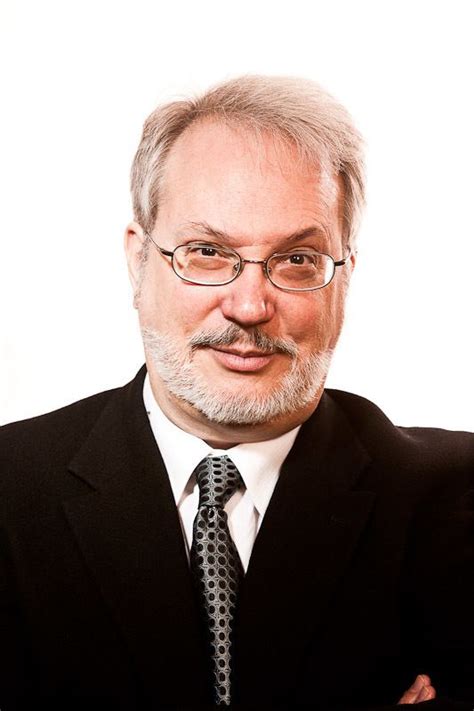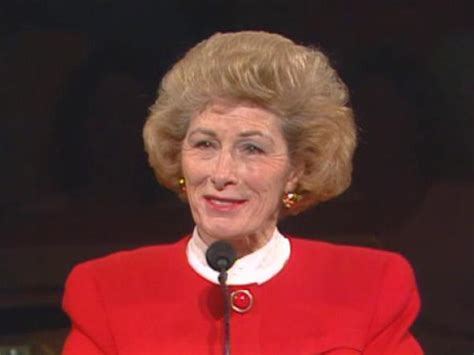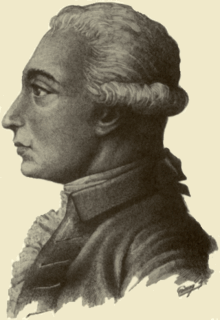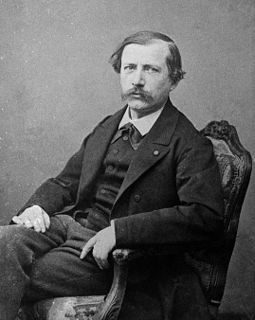A Quote by Friedrich Nietzsche
Our vanity would have just that which we do best count as that which is hardest for us. The origin of many a morality.
Related Quotes
The whole meaning of morality is a rule that we ought to obey whether we like it or not. If so, then the idea of creating a morality we like better is incoherent. Moreover, it would seem that until we had created our new morality, we would have no standard by which to criticize God. Since we have not yet created one, the standard by which we judge Him must be the very standard that He gave us. If it is good enough to judge Him by, then why do we need a new one?
The hypothesis I wish to advance is thatthe language of morality is ingrave disorder.... What we possess, if this is true, are the fragments of a conceptual scheme, parts of which now lack those contexts from which their significance derived. We possess indeed simulacra of morality, we continue to use many of the key expressions. But we have--very largely if not entirely--lost our comprehension, both theoretical and practical, of morality.
My version of relativism is pluralistic and attributes functions to morality that in combination with human nature place limits on what could count as a true morality. Unlike many other relativists, I do not hold that people are subject to a morality because they all belong to a certain group. That is, I don't hold that being a member of a group makes one's subject to some set of generally accepted norms. What is true is that others around us teach us morality and moral language, so they inevitably influence us.
We are all potentially such sick men. The sanest and best of us are of one clay with lunatics and prison-inmates. And whenever we feel this, such a sense of the vanity of our voluntary career comes over us, that all our morality appears but as a plaster hiding a sore it can never cure, and all our well-doing as the hollowest substitute for that well-being that our lives ought to be grounded in, but alas! are not.
The only initiation which I advocate and which I look for with all the ardor of my Soul, is that by which we are able to enter into the Heart of God within us, and there make an Indissoluble Marriage, which makes us the Friend and Spouse of the Repairer … there is no other way to arrive at this Holy Initiation than for us to delve more and more into the depth of our Soul and to not let go of the prize until we have succeeded in liberating its lively and vivifying origin.
Do these fuels result always and necessarily in one way from the decomposition of a pre-existing organic substance? Is it thus with the hydrocarbons so frequently observed in volcanic eruptions and emanations, and to which M. Ch. Sainte-Claire Deville has called attention in recent years? Finally, must one assign a parralel origin to carbonaceous matter and to hydrocarbons contained in certain meteorites, and which appear to have an origin foreign to our planet? These are questions on which the opinion of many distinguished geologists does not as yet appear to be fixed.
In a world which furnishes so many employments which are useful, and so many which are amusing, it is our own fault if we ever know what ennui [boredom] is, or if we are ever driven to the miserable resource of gaming, which corrupts our dispositions, and teaches us a habit of hostility against all mankind.








































